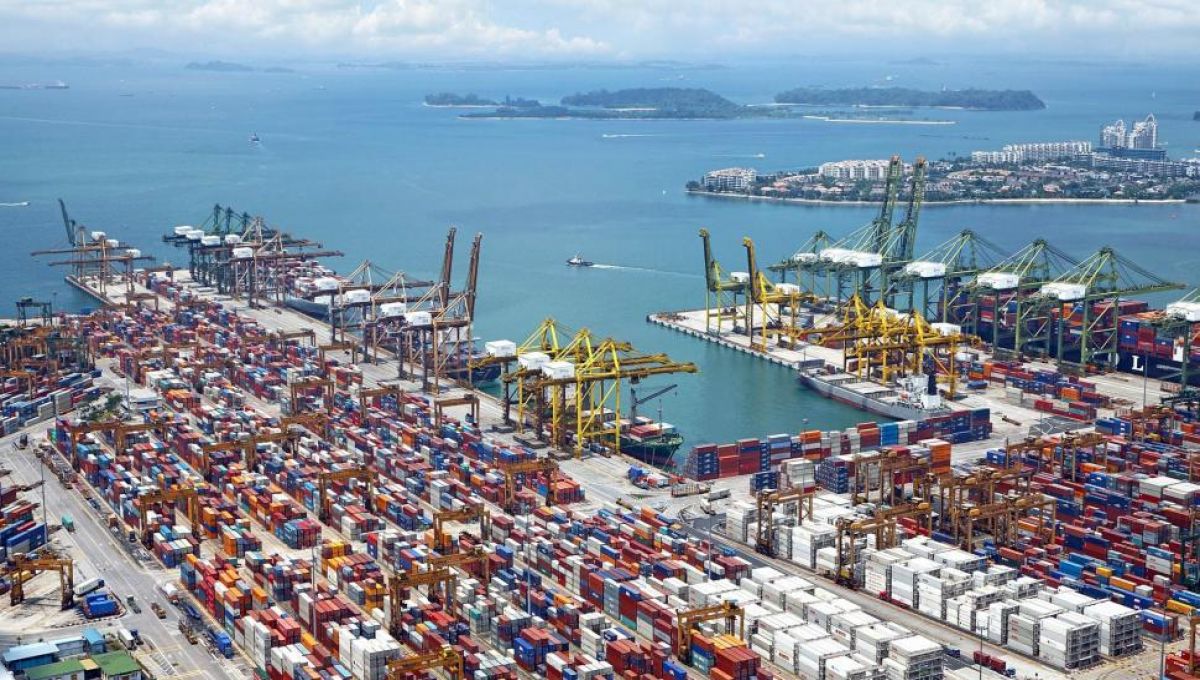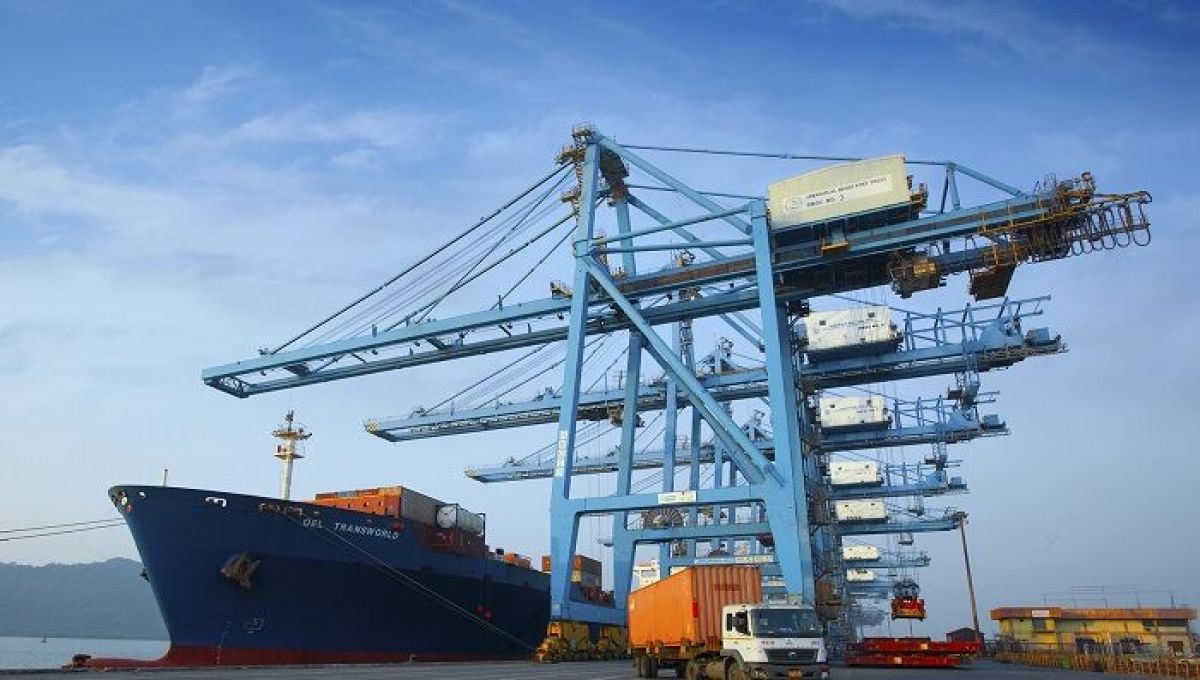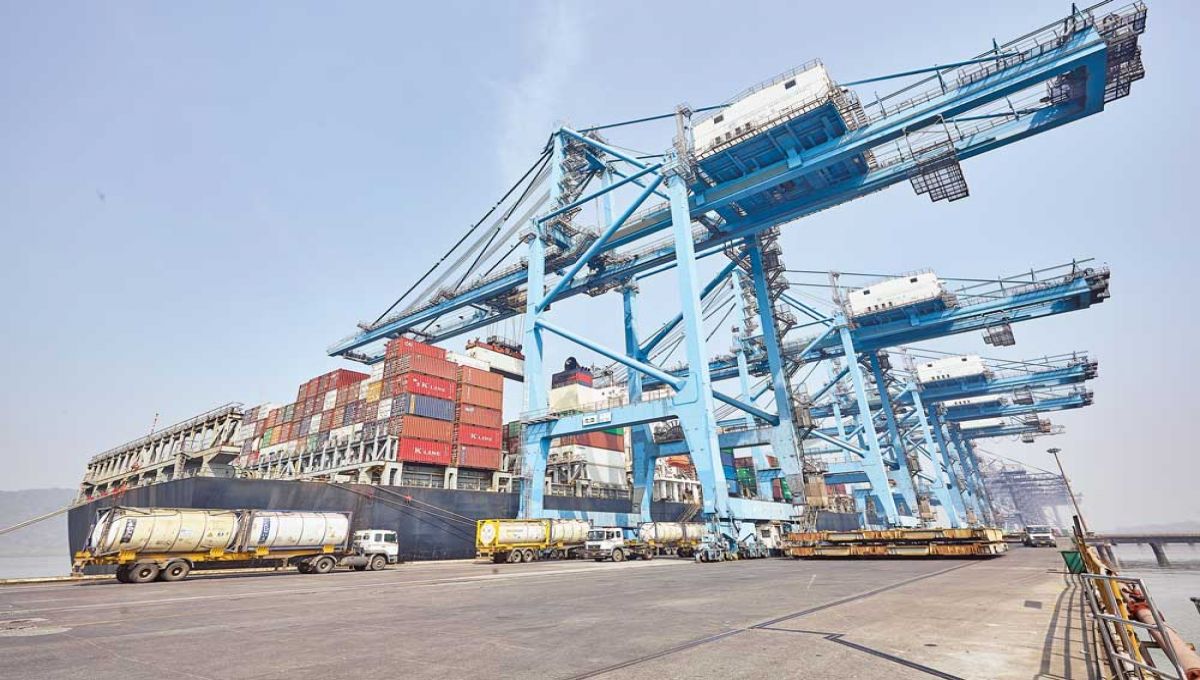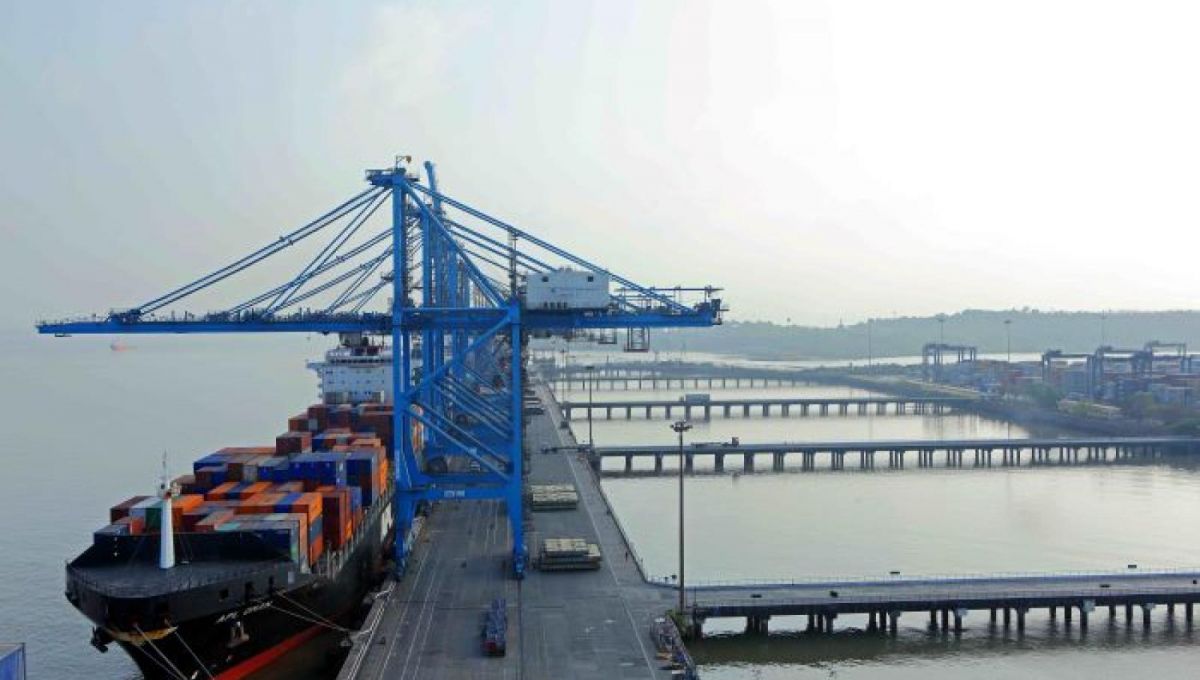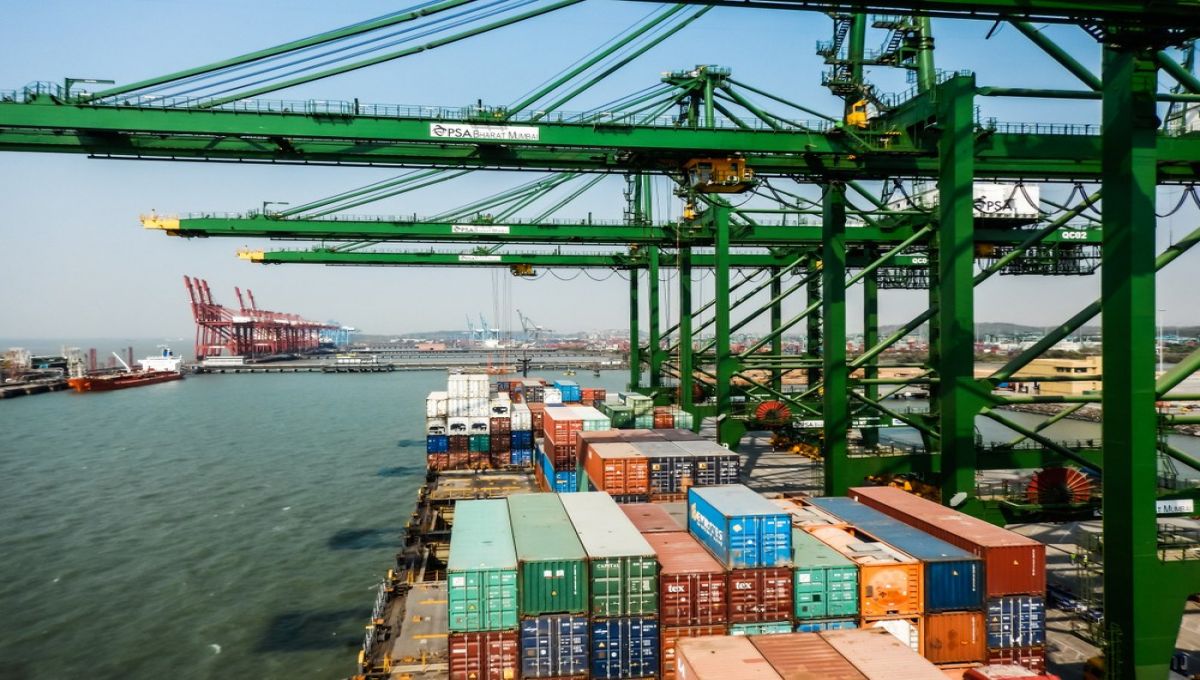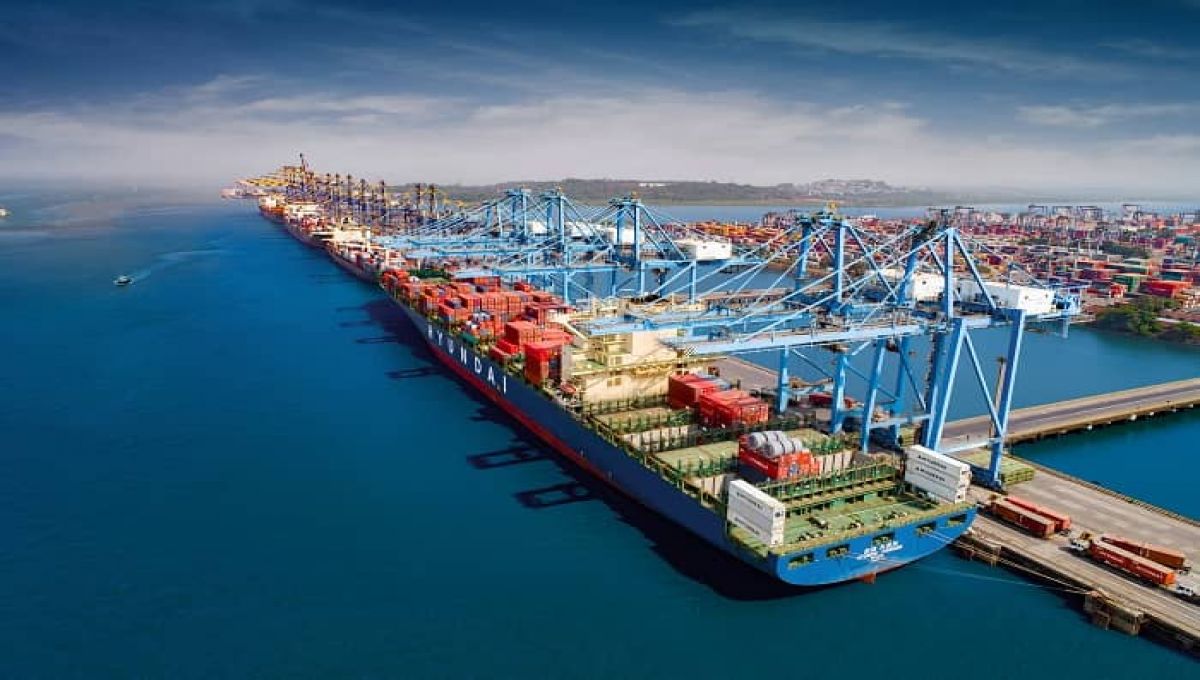The shift to electrofuels is set to transform the global fuel market, particularly in the maritime industry. Recognizing the pivotal role of ports in this transition, a new concept called Sustainable First Mover Initiatives (SFMIs) has been introduced. SFMIs are designed to align with the 1.5°C Paris Agreement climate target while delivering social, economic, and environmental co-benefits. The report emphasizes the importance of considering local socio-economic and environmental factors in the development of SFMIs. To facilitate decision-making, an SFMI identification tool has been created, allowing shipping stakeholders to assess a port's potential for electrofuel production and bunkering while ensuring positive impacts on local communities and the environment. Preliminary results for the Indo-Pacific region highlight ports like Jawaharlal Nehru Port Trust (JNPT) in India and Chittagong port in Bangladesh as having high potential for SFMIs. The tool is customizable to stakeholders' needs, promoting a sustainable model for port development in the transition away from fossil fuels.
SOURCE:GOOGLE

 All Categories
All Categories
